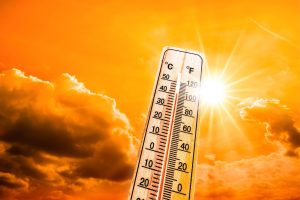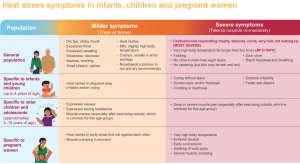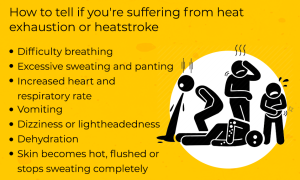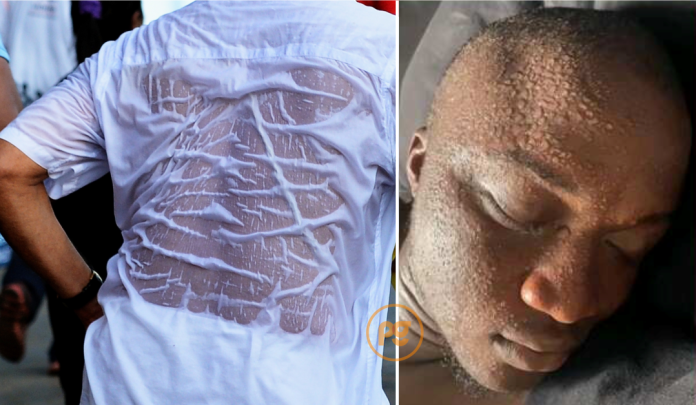The Kano Government has urged residents to adopt safety measures against the current heat waves being experienced in the state.
The state’s Commissioner for Health, Dr. Abubakar Labaran, said this in a statement in Kano.
Labaran expressed concerns over the excessive heat and urged residents to adopt health precautionary measures to protect themselves against negative consequences.
“The excessive heat began since March this year, causing increase in malaria and mortalities. That was why the ministry embarked on investigations to unravel the cause.
“Kano people are very much aware of the fact that these three months – March, April and May, and the beginning of June – are the months of excessive heat, resulting in so many health complications, including malaria and meningitis cerebellum.
“It could be noted that in the past three months, malaria prevalence had dropped because of harmattan season, but now, the disease is on the increase due to the severity of the unbearable heat,’’ he said.

He added: “The temperature has reached the level that it could affect the brain, liver or kidney, so much so that if any of these organs is affected, death could occur.
“Currently, the intensity of the heat in Kano is between 43 and 45 degrees, and the air in circulation is dry without moisture. This condition could cause scratch in the nose and one could contract meningitis.’’

He said that the excessive heat could result in heat-stroke as a result of shortage of blood and water in the body, leading to brain damage, especially among elderly people and those working under the sun.
Labaran advised the people to ensure that they protect themselves against mosquito bites, by sleeping under treated nets, covering doors and windows with nets to prevent mosquitoes from entering the rooms and use of insecticides.
He urged residents to report any person with symptoms of malaria to the health facility for timely treatment, before it reaches advanced stage.
On meningitis cerebellum, Labaran called on people to shun overcrowded rooms and halls, especially those with little or no ventilation.
He also advised residents to drink lots of water and fluids.

According to the World Health Organization, to protect yourself during a heatwave, you should:
- Move to the coolest room in the home, especially at night.
- If it is not possible to keep your home cool, spend 2-3 hours of the day in a cool place (such as an airconditioned public building).
- Avoid going outside during the hottest time of the day.
- Avoid strenuous physical activity if you can. If you must do strenuous activity, do it during the coolest part of the day, which is usually in the morning between 4AM and 07AM.
- Stay in the shade.
- Do not leave children or animals in parked vehicles. (NAN)


